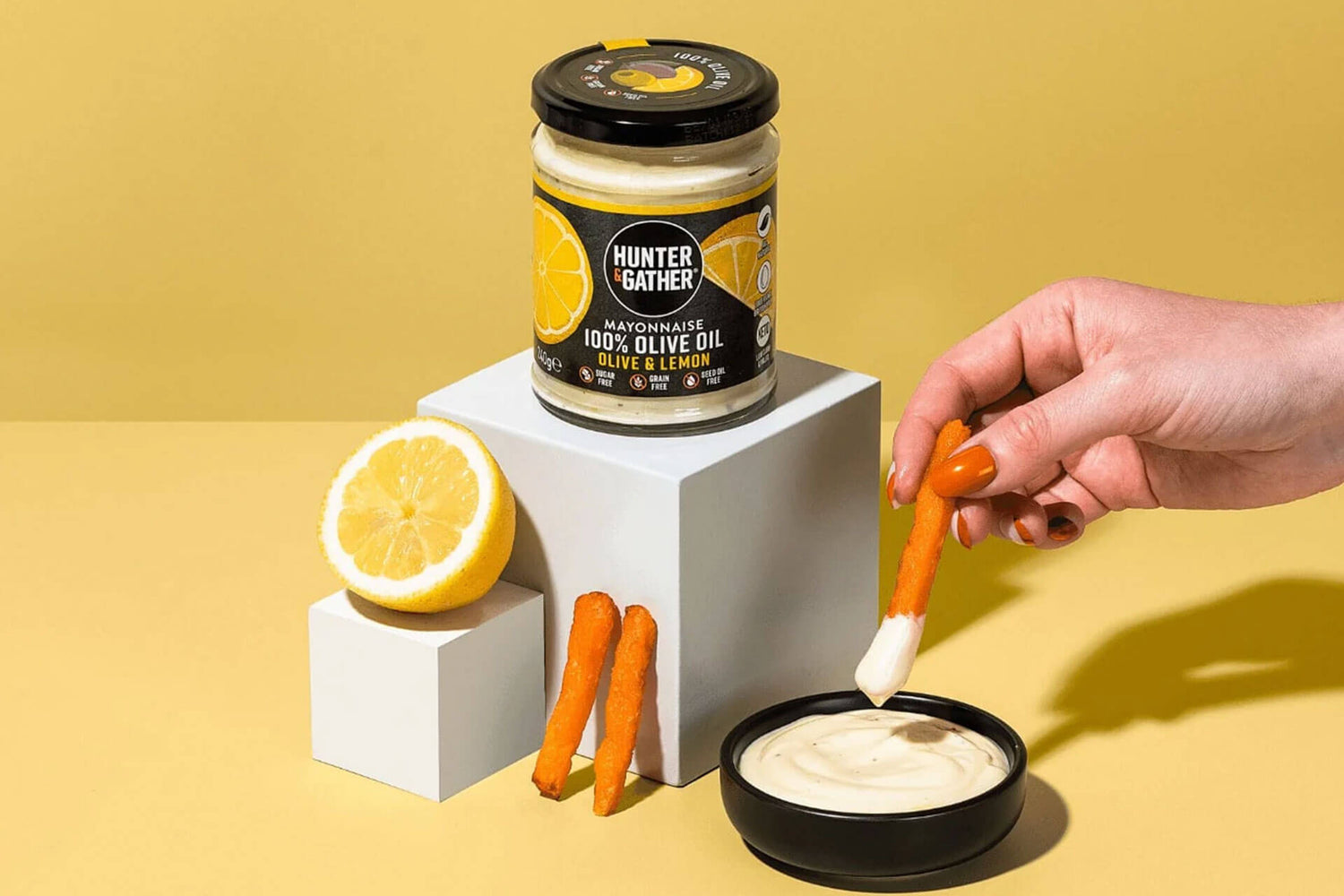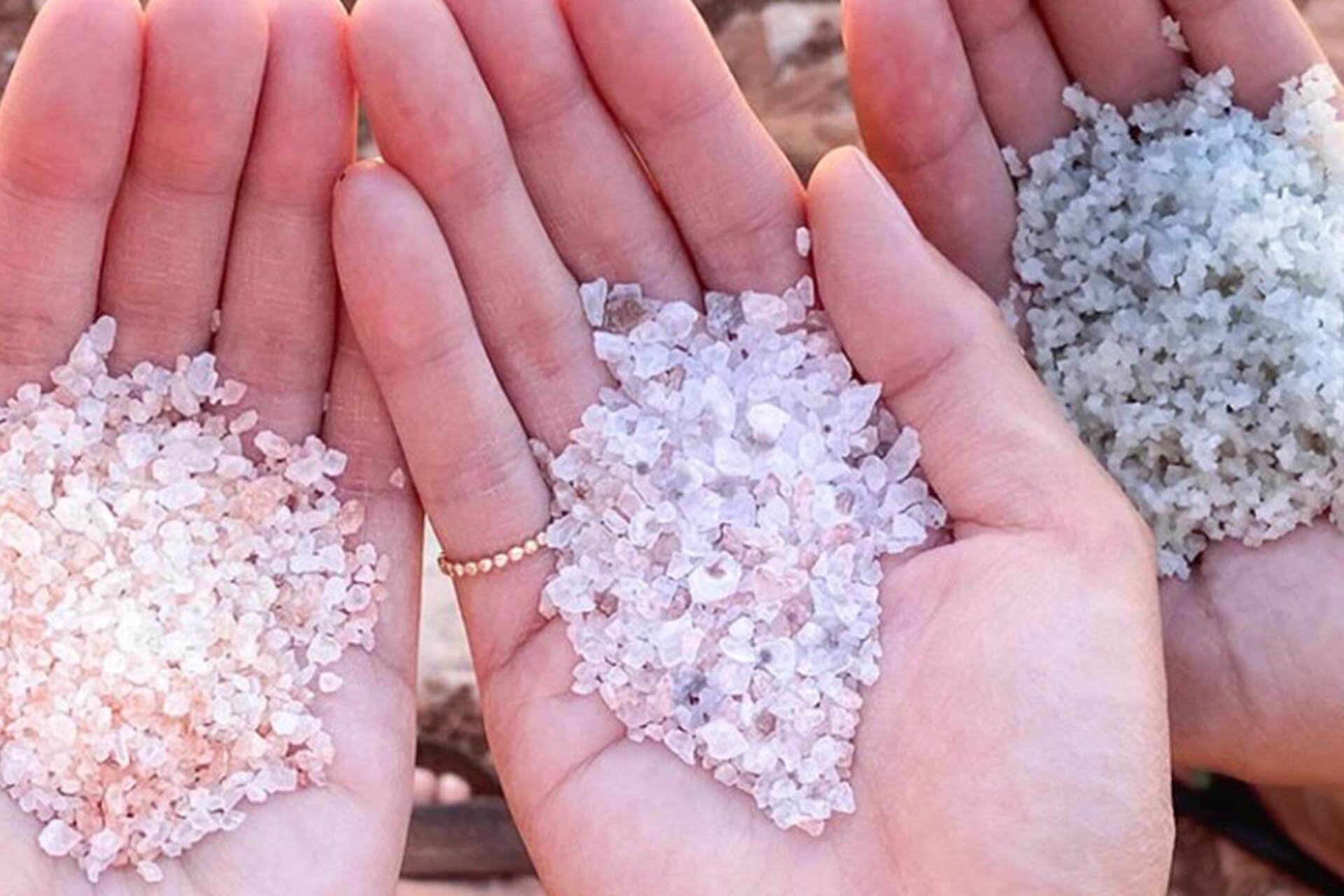Mayonnaise is one of those everyday staples that finds its way into countless kitchens. Creamy, versatile and delicious, it pairs with everything from salads to steaks. But while mayo may feel like a simple blend of eggs, oil and vinegar, the reality of supermarket jars often tells a different story.
Many popular mayonnaise brands are made with industrial seed oils, refined sugars and a surprising number of additives. If you care about what goes into your body, and want your food to support your health rather than undermine it, it pays to take a closer look at the label.
Here’s how to decode a jar of mayonnaise so you know exactly what you’re buying, what to avoid, and what a truly health-first option looks like.
Why Seed Oils Are a Problem in Mayonnaise

The oil base makes up the majority of any mayonnaise. Traditionally, mayo was made with nutrient-rich fats like olive oil or avocado oil. Today, most jars rely on cheap industrial seed oils such as sunflower, soybean or rapeseed oil.
To extract oil from seeds at scale, manufacturers use high heat, pressure and chemical solvents. This heavy processing changes the structure of the oil and makes it unstable. When heated during production or cooking, these oils can oxidise and form compounds such as aldehydes and lipid peroxides. These are substances the body finds difficult to process and that, over time, can contribute to inflammation and place extra stress on body cells.
This is why seed oils are considered less supportive of long-term health compared to stable, minimally processed fats like avocado oil or olive oil. These natural fats resist oxidation, retain beneficial nutrients, and provide the body with the kind of nourishment it can actually use.
Choosing a mayo made with stable, nutrient-dense fats such as avocado oil or olive oil gives your body the kind of nourishment it can actually use, without compromise.
Hidden Additives and Fillers
Seed oils aren’t the only thing to watch out for. Flip over the jar and you’ll often find a long list of extras that go beyond the simple recipe you expect. Stabilisers, preservatives, flavour enhancers, gums and thickeners are commonly added to give mayonnaise a longer shelf life and a uniform texture.
Ingredients such as maltodextrin or modified starches act as cheap fillers but add no nutritional value. Artificial preservatives like potassium sorbate are used to extend storage but aren’t necessary if quality fats and natural acidity are used. The end result is a condiment that looks creamy but is far from the wholesome blend it should be.
How to Read the Label

The ingredient list on a jar tells you everything you need to know. Here’s what to look for:
- The oil base: This should be a natural fat such as avocado oil or olive oil, not sunflower, soybean or rapeseed.
- The sweeteners: Traditional mayo doesn’t need sugar, but many brands sneak in refined sugar, syrups or artificial sweeteners.
- The additives: A long list of stabilisers, preservatives or gums is a sign the product is designed for cost and shelf life, not health.
- The egg quality: Look for free-range or organic eggs where possible, as these bring better nutrition and animal welfare
A short ingredient list with recognisable foods is always the best sign of a premium mayo.
What a Clean, Seed-Oil-Free Mayo Looks Like
At its heart, mayonnaise should be a simple recipe: quality oil, egg yolk, vinegar or lemon juice, and seasonings.
A clean, seed-oil-free mayonnaise goes back to basics. Instead of industrial seed oils, it uses stable, nutrient-rich fats such as avocado oil or olive oil. These oils are naturally rich in monounsaturated fats, which are more resistant to oxidation, provide lasting energy, and support overall wellbeing. They also retain micronutrients and antioxidants that industrially refined oils simply can’t match.

At Hunter & Gather, we’ve created two seed-oil-free mayonnaises to give you a choice of premium, health-first fats. Our Avocado Oil Mayonnaise is made with up to 100% pure avocado oil, providing a rich source of heart-healthy fats and a delicate, buttery flavour. Avocado oil also contains vitamin E, a powerful antioxidant that supports skin health. This mayo is a brilliant all-rounder for everything from salad dressings to dipping crudités.
For those who prefer a more Mediterranean flavour profile, our Olive Oil Mayonnaise is made with pure olive oil, another stable, nutrient-dense fat with a naturally peppery taste. Olive oil is celebrated for its role in traditional diets that support longevity and cardiovascular health. Blended into mayo, it delivers a creamy texture with a subtle bite that pairs beautifully with grilled vegetables, seafood or roasted meats.

Both of our mayonnaises are made with British free-range egg yolk, apple cider vinegar and seasonings. That’s it. There are no seed oils, no refined sugars, no grains, no artificial preservatives and no fillers. Just real ingredients that create a condiment which is as indulgent as it is nourishing.
When you choose a clean, seed-oil-free mayonnaise, you are upgrading more than just your condiment shelf. You are making a small daily shift that supports your long-term health. One that combines great taste with better fats, real ingredients and the confidence that you are fuelling your body with food that truly aligns with your values.
Final Thoughts
Not all mayonnaise is created equal. By learning how to read a label, you can quickly tell the difference between a jar filled with cheap seed oils and additives, and one crafted with nutrient-dense, natural ingredients.
The fats you eat daily matter, and choosing a seed-oil-free mayo is a small shift with a big impact. It means your favourite condiment not only tastes good but also fuels your health in the right way.



